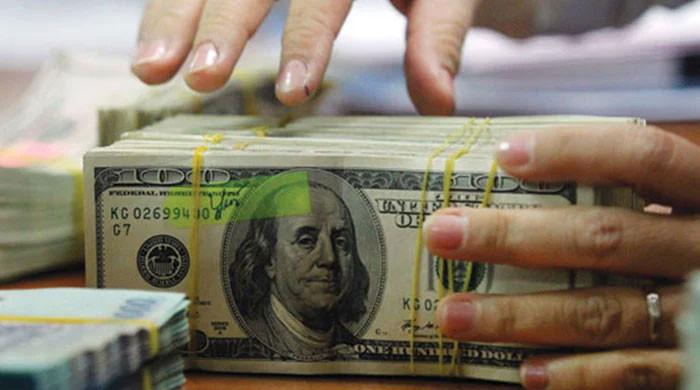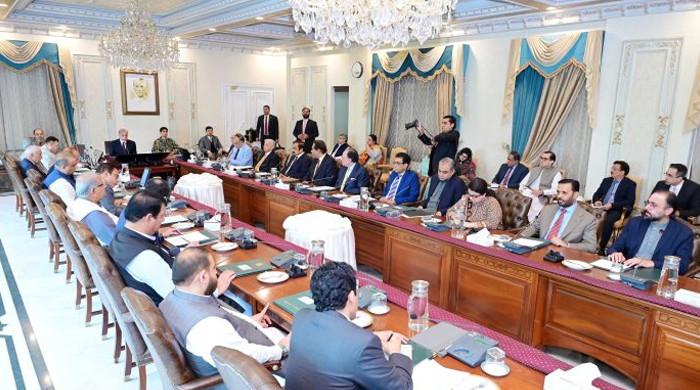Committee recommends amnesty for undisclosed foreign assets in three categories
The committee comprised top officials from FBR, SBP, SECP
March 01, 2018

KARACHI: A committee constituted by the Supreme Court of Pakistan has recommended on Thursday an amnesty for undisclosed foreign assets, categorised into three slabs, at two to 10 percent of income tax rates.
According to sources, the committee comprised top officials from Federal Board of Revenue (FBR), State Bank of Pakistan (SBP), Securities and Exchange Commission of Pakistan (SECP). The Ministry of Finance had submitted the report on the directives of the apex court in the hearing on February 15,in suo moto notice taken of illegal offshore assets of Pakistanis.
The committee recommended all Pakistanis shall avail this amnesty except politically exposed or where foreign assets had been created out of proceed of crime.
It is recommended that the applicability of the scheme should vary from three to nine months, with lower rates to be paid during the earlier period and higher in the later.
The committee recommended tax rates from two percent to 10 percent for various categories. The lower slab has been recommended for those Pakistanis, who agree to avail the amnesty and repatriate their assets to Pakistan.
The middle slab has been recommended for those who disclose their assets and invest for 10 years in dollar-denominated bonds, less than the prevailing rate of return on Sukuk, and Euro bonds issued by the government.
The highest slab is recommended for those who disclose their assets and pay proposed rate of tax, but unwilling to repatriate their assets to Pakistan.
The committee explained the objectives of the scheme that it is meant to provide a way to collect revenue without incurring high administrative costs for detecting and prosecuting tax evaders.
It is meant for providing taxpayers an opportunity to regularise their tax affairs and disclose their concealed incomes and assets, thus promoting taxpayers to become compliant.
Besides the core objective of the scheme is to shift black money from informal sector into formal sector and increase revenue in the long run.
Advocating the amnesty scheme, the committee said that globally the noose is tightening for the tax evaders. It said that locally tax evaders having foreign assets are also suffocating with proposed legislative changes and administrative measures. The committee said that in this scenario a onetime relaxation through the voluntary disclosure may be a success.
The committee recommended the scheme for all Pakistanis, except for those having foreign assets created through corruption by misusing the authority of a public office and foreign assets created through criminal activities such as terrorist financing and narcotics.
It recommended that immunity under this scheme should be available on various existing laws, included: National Accountability Ordinance, 1999; Foreign Exchange Regulation Act, 1947; Income Tax Ordinance, 2001; Prohibition of Benami Transactions Act, 2017; Federal Investigation Agency Act, 1974 and Companies Act, 2017.
However, the immunity from the scheme has been recommended not to be available for proceedings under Anti-Money Laundering Act, 2010, Narcotics Substance Act, 1997 and the Anti-Terrorist Act, 1997. Also, this immunity shall also not available to foreign assets for which proceedings in any court of law are pending.











